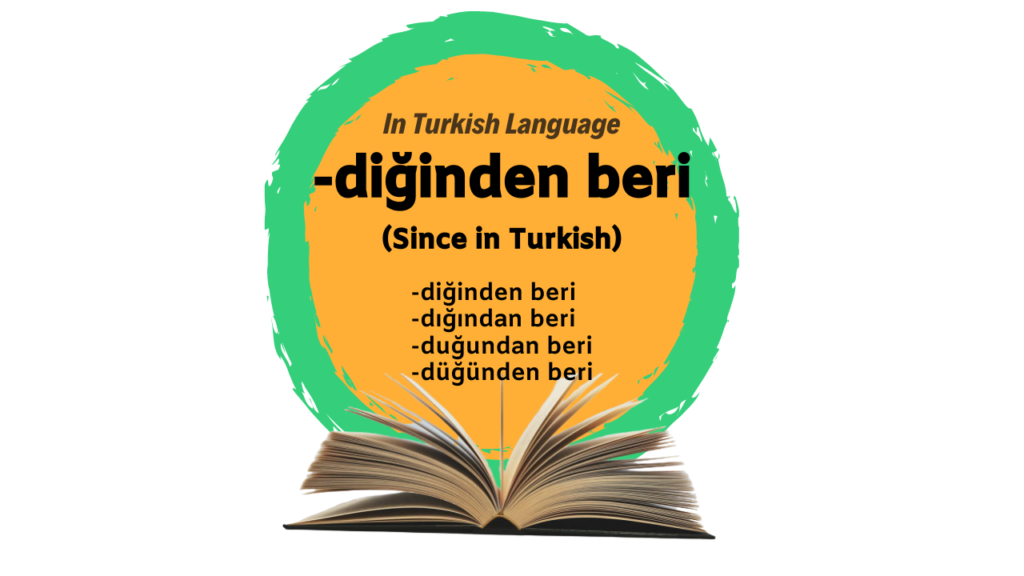Obligation in Turkish (-mAk şart, -mAk zorunda, -mAk mecburiyetinde, -mAyA mecbur)
How To Say “MUST/HAVE TO” In Turkish? have you heard “-mak şart or zorunda or mecbur” before? While talking about necessity in the previous lessons, we talked about -meli / -malı, -mAk lazım, -mAk gerek. You can click on the subjects to study or remember. In this lesson, we will talk about a similar structure. […]
Obligation in Turkish (-mAk şart, -mAk zorunda, -mAk mecburiyetinde, -mAyA mecbur) Read More »



